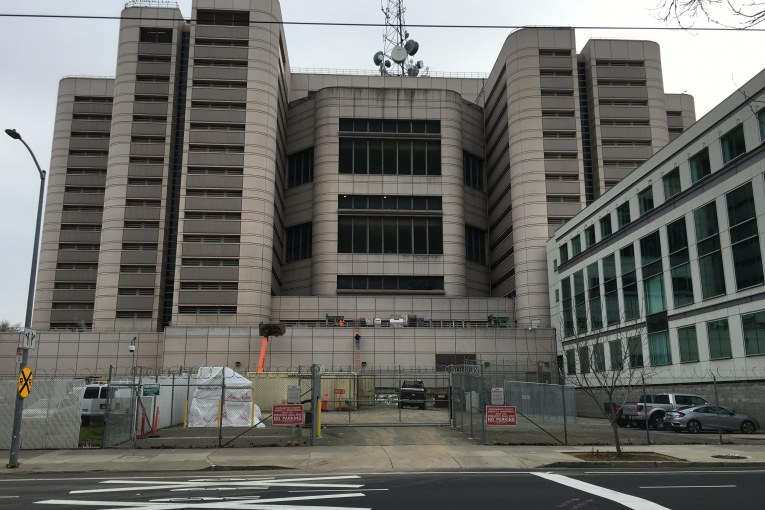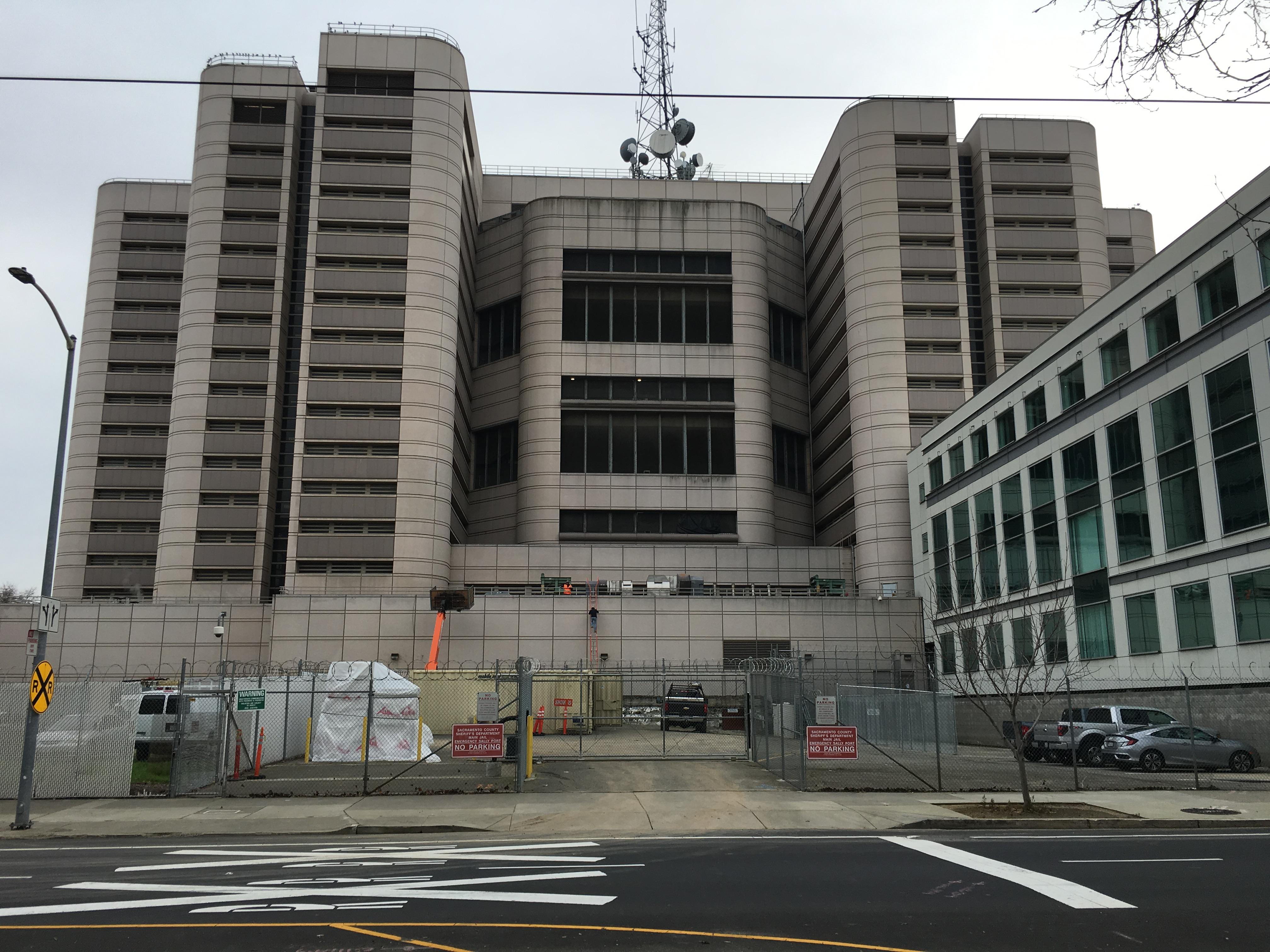
 Co-Pays Are Required At Embattled Sacramento Facilities
Co-Pays Are Required At Embattled Sacramento Facilities
By Crescenzo Vellucci
Vanguard Sacramento Bureau
SACRAMENTO – Healthcare – or the lack of it – is important to every segment of society, from young to old – and Tuesday about 200,000 people in California’s state and local jails may soon get their share after the Assembly Public Safety Committee Tuesday approved a measure to outlaw copayments for medical care in state prisons and local jails, including those in Sacramento County.
The bill, AB 45 by Assemblymember Mark Stone (D-Scotts Valley), still has to be approved by the full Assembly and Senate, and signed by the Governor. But just the bill’s presence has already caused change.
California Department of Corrections and Rehabilitation (CDCR) and California Correctional Health Care Services (CCHCS) last week announced they will end by March 1 the practice of charging inmates a $5 copayment for each medical or dental visit.
“After recent internal analysis, it was determined that copayments have minimal fiscal benefit and are not aligned with patient care. Specifically, copayments may hinder patients from seeking care for health issues which, without early detection and intervention, may become exacerbated, resulting in decreased treatment efficacy and/or increased treatment cost,” said the CDCR and CCHCS.
Stone’s measure goes even further – it would eliminate copayments for local jails, which can charge $3 to inmates for requested medical and dental visits. The bill also bars charges for health care “appliances” like eyeglasses, artificial eyes, dentures, artificial limbs, orthopedic braces and shoes, and hearing aids.
“Copayments prevent incarcerated people from accessing critically needed healthcare,” said Stone. “Although CDCR took the encouraging step of voluntarily eliminating copayments in state prisons last week, it is still essential that we keep AB 45 moving forward to set this change in statute and to eliminate this barrier to healthcare for the over 70,000 people incarcerated in California jails.”
The ACLU said state prisons have mandated a $5 medical copay since 1995 and most counties require a $3 copay, adding that a 2017 analysis estimated the average prisoner had to work 60 hours to pay $5  copay.
copay.
“People in here refuse medical service because of copays,” said Juan Moreno Haines, an incarcerated journalist, and winner of the Silver Heart Award from the Society of Professional Journalists who has been incarcerated for 23 years and currently resides at San Quentin State Prison.
“Making a choice between buying deodorant and going to the doctor, that’s not a choice anyone should have to make, particularly people who are as predictably poor as the people in here. I hope the Legislature and Sheriffs will follow CDCR’s lead and abolish payments for medical visits.”
And, the Center for Disease Control and Prevention has identified copays as one of the factors contributing to a MRSA outbreak among incarcerated people in California.
“Limiting access to care in this way leads to unnecessary suffering, the development of more chronic conditions, and the spread of infectious diseases,” said bill author Stone, adding that while “a $5.00 copayment may seem small to those of us outside the prison system, an incarcerated person working for eight cents per hour would need to work for over 60 hours just to afford one medical appointment.”
The Sacramento County jails, for instance, face a massive lawsuit for poor or nonexistent healthcare for inmates that has apparently been a problem for decades. Inmates report waiting for healthcare for cancer and other ailments for months or even years.
“Many, many people in the jail are very upset about the copays. Some suspect that when they did not have ability to pay, their medical care stopped,” said one advocate who monitors the Sacramento County Jail.
The Yuba County Jail has been under court order for its mistreatment of prisoners – recently highlighted by a nearly weeklong hunger strike over conditions by ICE civil detainees.
The California Sheriff’s Association and Riverside Sheriff’s Association are the two vocal opponents of AB 45, with the Riverside Association stating:
“We applaud…efforts to ensure that appropriate inmate medical care is available to all those in custody. Our members support efforts to help inmates become and remain healthy since they work in close proximately with the inmates. (But) for the protection of our members, the Riverside Sheriffs’ Association must oppose AB 45.
“Unfortunately,…if any inmate at any time can request medical attention for any reason, there would never be enough staff to handle the inmate transfers from cell to medical. This is even more concerning as applied to dangerous, violent or mentally ill offenders who require at least two correctional deputies to conduct the inmate transfers, especially those inmates held in higher security areas of our jails,” the Sheriff’s group added.





